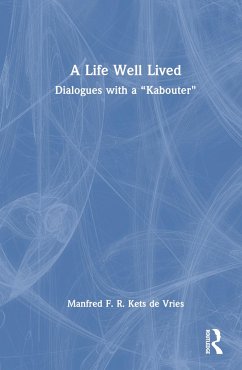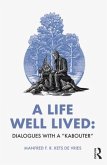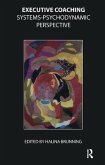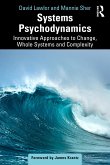Manfred Kets de Vries wears many "hats"-psychoanalyst, executive coach, consultant, management educator, researcher, writer-but he has noticed that whichever hat he is wearing, every question he is asked boils down to one thing: "How can I live a well-lived life?"
Over many years of practice in all these disciplines, Professor Kets de Vries has realized the unsurpassed value of stories in tackling human dilemmas and providing answers to this question. The book is, therefore, one of the most important books he has written for coaches, students, leaders, managers, educators-or anyone seeking a more reflective text to guide them through the multitude of questions that we face in work and in life. He draws on a long literary tradition of the unexpected encounter with a wise "other," fantastic or magical-think The Little Prince, Alice's Adventures in Wonderland, The Once and Future King, the Harry Potter novels-to animate an exploration of the deepest questions and concerns of human beings. He constructs an extended Socratic dialogue between his two "selves"; the first a naïve traveler, lost in the Siberian wilderness, and the second a reflective avatar who comes to his aid. The avatar takes the form of a "kabouter," a familiar figure in Dutch folklore whose counterpart can be found in different cultures around the world and throughout centuries of storytelling.
Through stories, riddles, and puzzles, the kabouter challenges the traveler to question and reflect upon his life and values, guiding him-and readers-toward the insights that will help them achieve a life well lived.
Over many years of practice in all these disciplines, Professor Kets de Vries has realized the unsurpassed value of stories in tackling human dilemmas and providing answers to this question. The book is, therefore, one of the most important books he has written for coaches, students, leaders, managers, educators-or anyone seeking a more reflective text to guide them through the multitude of questions that we face in work and in life. He draws on a long literary tradition of the unexpected encounter with a wise "other," fantastic or magical-think The Little Prince, Alice's Adventures in Wonderland, The Once and Future King, the Harry Potter novels-to animate an exploration of the deepest questions and concerns of human beings. He constructs an extended Socratic dialogue between his two "selves"; the first a naïve traveler, lost in the Siberian wilderness, and the second a reflective avatar who comes to his aid. The avatar takes the form of a "kabouter," a familiar figure in Dutch folklore whose counterpart can be found in different cultures around the world and throughout centuries of storytelling.
Through stories, riddles, and puzzles, the kabouter challenges the traveler to question and reflect upon his life and values, guiding him-and readers-toward the insights that will help them achieve a life well lived.








